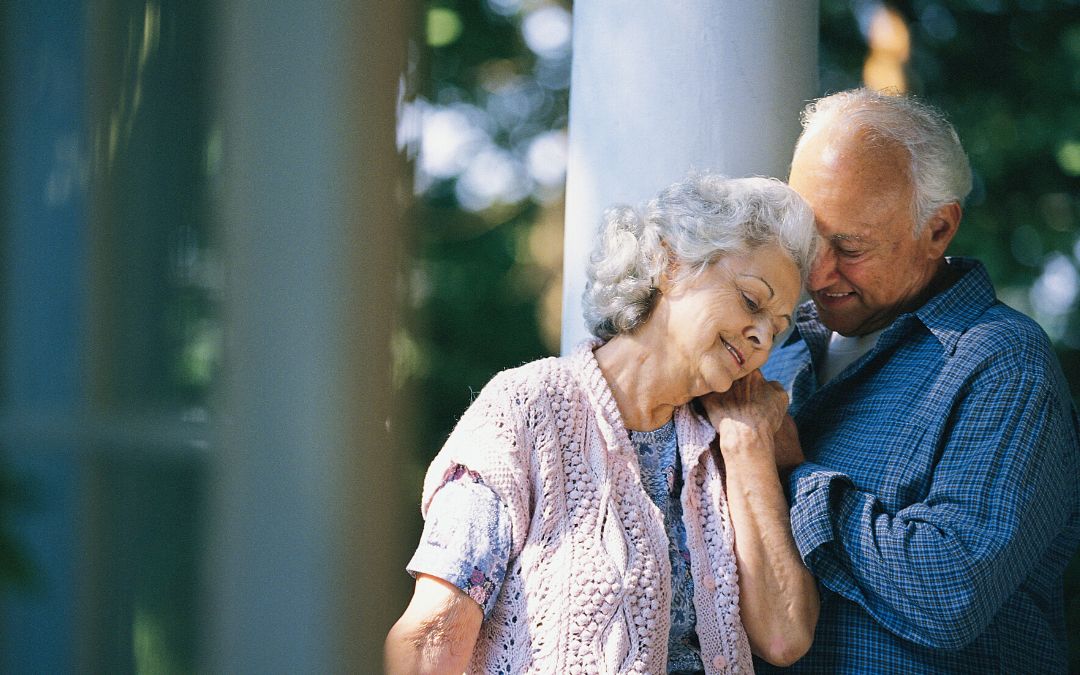When someone you love has Parkinson’s Disease (PD), you see just how the diagnosis affects their life. Symptoms like poor balance, rigid movements, and tremors become part of their daily living. Throughout this difficult time, your loved one will require additional help and support to maintain their health and quality of life. Your role as a caregiver is definitely not an easy one, but here are six tips to help you with the process of caring for Parkinson’s.
1. Educate Yourself
Aim to learn everything you can about your loved one’s PD diagnosis. Parkinson’s is a complex movement disorder with a variety of symptoms. Familiarize yourself with potential symptoms and available treatments. Use information from reputable organizations, like the Parkinson’s Foundation, to educate yourself on managing PD and its progression.
Go to doctor’s appointments, and don’t be afraid to ask questions. Overall, understanding the disorder and its effect on your loved one is the first step to successfully caring for Parkinson’s.
2. Be Observant
Once you gain knowledge about PD as well as the specifics regarding your loved one’s progression, you’ll be able to spot unfamiliar or worsening symptoms. Be aware of changes in coordination and balance that may affect your loved one’s safety. It may be necessary to discuss driving ability or utilize mobility aids.
Additionally, watch for significant changes in their mood. Nearly half of those with Parkinson’s experience symptoms of depression, according to recent reports. Unfortunately, depression is a symptom that’s often overlooked and undertreated. Without treatment, depression can lead to a quicker decline in their overall condition. If you spot symptoms of depression, work with your loved one’s physician to find a treatment that works for them.
3. Get Active
Physical activity is important for everyone, but it can be especially beneficial for those with Parkinson’s. A recent study found that increasing physical activity to at least 2.5 hours a week can slow the decline in quality of life. Exercise helps the brain use dopamine, a chemical associated with movement, more efficiently. Research shows that dopamine levels are affected by PD, another reason to include daily physical activity in their routine to promote the critical hormone.
Further, exercise improves strength, balance, and quality of life—all of which can help people with Parkinson’s. When caring for Parkinson’s, encourage your loved one to get moving with daily walks together or consider trying yoga therapy to reap its many benefits.
4. Establish Normalcy
The symptoms of Parkison’s will likely interfere with your loved one’s normal activities. Instead of focusing on their diagnosis and symptoms, aim to maintain a sense of normalcy for your loved one. Rather than constantly discussing their condition, talk about their favorite new book or movie. Avoid letting Parkinson’s leave your loved one isolated and lonely. Take them out to run errands, to dinner or a movie. Be willing to adjust your plans to their mood or physical abilities. Overall, remind your loved ones of things they are still capable of doing rather than focusing on their changing condition.
5. Learn to Communicate
As you seek to maintain normal contact with your loved one, learn to communicate with them effectively. Parkinson’s can make verbal communication difficult. As their ability to speak clearly and loudly declines, your ability to provide care may also be affected. Gently ask your loved one to repeat what they said or slow down while speaking. When talking, address them face-to-face and make eye contact. As their symptoms progress, ask simple yes or no questions. Don’t forget to be patient and be a good listener; sometimes, they just need to know that you care about them.
6. Seek Outside Assistance
Caring for someone with Parkinson’s can be an overwhelming role. As a caretaker for someone else, it’s vital to remember self-care, as well. Continue to participate in your favorite hobbies, meet with friends, and find time to relax to avoid caregiver burnout. Consider enlisting the help of family members or respite care when you need a break.
As your loved one’s PD progresses, you might consider a memory care community that offers specialized care. The staff at Vineyard Henderson includes Parkinson’s experts who stay abreast of cutting edge research and treatment. While it can be difficult to imagine transitioning your loved one into a new home, a memory care community offers around-the-clock care. Our Parkinson’s expertise and programming include:
- A therapeutic art studio and instruction
- Partnership with local organization, Friends of Parkinson’s
- Innovative activity calendar with programs like Dancing with Parkinson’s
- A full-service pharmacy and urgent care on-site
- Support groups and educational workshops for families
Caring for Parkinson’s: Knowledge and Patience Required
As a caregiver, you should set attainable goals for yourself and your loved one with Parkinson’s. You can learn all about the diagnosis, but understand that their symptoms may vary from day-to-day. Aim to be patient and flexible with your plans. Allow your loved one a chance to complete tasks independently before stepping in to assist out of frustration. Know that while treatment for Parkinson’s can provide symptom relief, there is no treatment to stop the progression of your loved one’s overall condition. However, being knowledgeable and observant can help you provide the best care for your loved one.

